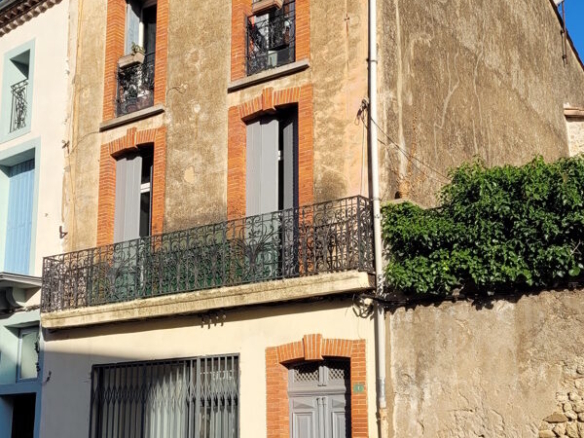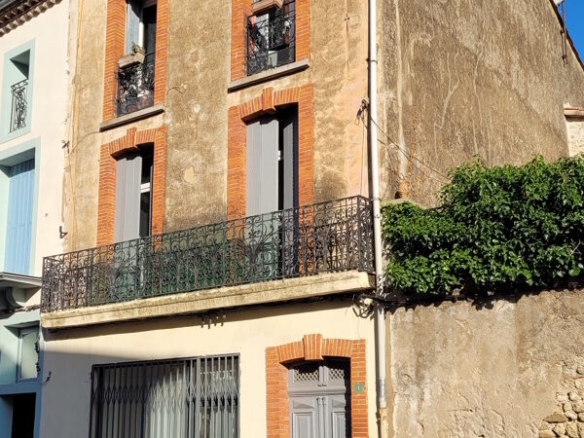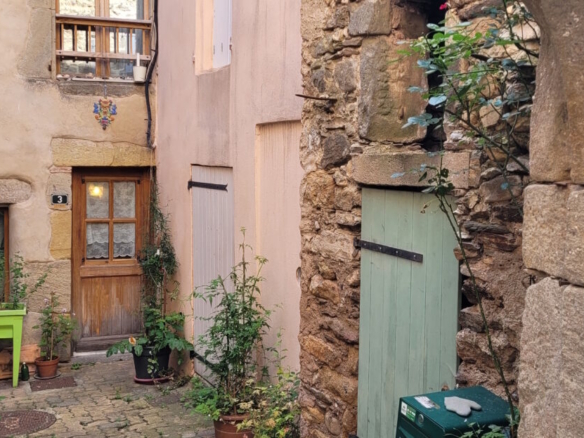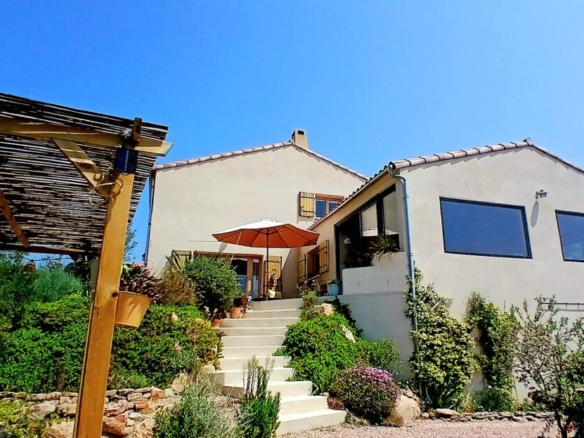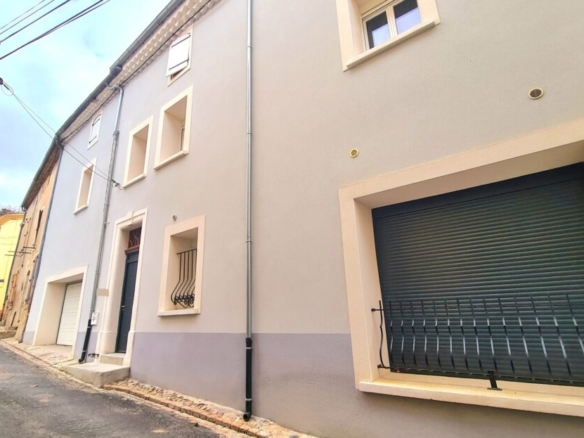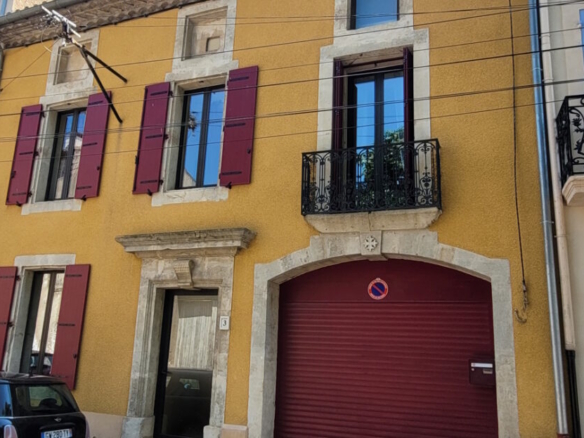The French property market has always been a popular choice for overseas buyers, especially those from the UK. However, the landscape has evolved significantly in the wake of Brexit. As the effects of Brexit continue to unfold, British buyers are navigating new challenges and opportunities in their quest for homes in France. This article delves into the seven key ways Brexit is reshaping the French property market, offering insights into regional trends, price fluctuations, and the enduring appeal of France as a destination for luxury real estate. Whether you’re looking to invest in a second home, relocate for retirement, or simply capitalise on the current market conditions, understanding these shifts is crucial for making informed decisions.
1. Impact on Dordogne: The “Little England” Effect
The Dordogne region, often dubbed “Little England,” has been profoundly affected by Brexit. Initially, British interest declined due to uncertainties about residency and currency fluctuations. However, there has been a resurgence in interest as British buyers, particularly retirees and second-home seekers, adapt to the post-Brexit landscape. The region’s appeal for its tranquil lifestyle and natural beauty remains strong, keeping demand stable.
“Despite the initial uncertainties brought about by Brexit, the Dordogne continues to attract British buyers who appreciate its unique charm and lifestyle,” says Marie-Claire Dubois, a real estate agent in Sarlat.
Source
2. Provence: Resilience in Luxury Markets
Provence, known for its Mediterranean allure and picturesque villages, has shown resilience in the face of Brexit. The region’s luxury property market continues to attract British buyers, despite broader uncertainties. The international appeal of Provence, combined with its strong cultural and lifestyle offerings, has kept the market buoyant, particularly in high-end segments.
“Provence’s real estate market is resilient. British buyers continue to invest in luxury properties here, drawn by the region’s timeless appeal and quality of life,” notes Sophie Martin, a market analyst at ProvenceRealEstate.com.
Source
3. Brittany: A Mixed Reaction to Brexit
Brittany has experienced varied effects from Brexit. While there was an initial dip in demand in popular areas like Saint-Malo and Dinard, the region has seen stabilization, with some areas even experiencing a slight increase in interest from British buyers. The region’s coastal charm and affordability continue to attract those seeking second homes and investment properties.
“Brittany has always been a magnet for British buyers. While Brexit introduced some challenges, the region’s enduring appeal and competitive pricing continue to draw interest,” states Marc Leclerc, a local real estate consultant.
Source
4. Paris: The Resilient Luxury Market
Paris continues to stand out as a prime destination for international buyers, including those from the UK. Although the broader market has seen a moderation in growth due to economic factors like rising mortgage rates, premium properties in prime Parisian neighborhoods have shown resilience. The city’s unique appeal, particularly in the luxury segment, has helped maintain stable prices.
“Luxury apartments in central Paris remain a secure investment. Despite broader market fluctuations, the city’s unique allure continues to attract discerning buyers,” explains Claire Bernard, a Paris real estate specialist.
Source
5. Rural and Coastal Regions: Stabilization and Modest Growth
Rural areas like the Dordogne and coastal regions such as Brittany and Provence have seen price trends vary post-Brexit. Initially, there was a decline in property prices due to decreased demand from British buyers, but prices have since stabilized. Some regions are even experiencing modest growth as they attract a diversified pool of international buyers.
“After the initial impact of Brexit, we’ve seen stabilization in property prices in rural and coastal regions, supported by a diversified pool of international buyers,” comments Lucien Moreau, an economist specializing in French real estate markets.
Source
6. Overall Market Dynamics: Adaptation and Resilience
Brexit introduced certain challenges to the French property market, especially in regions heavily reliant on British buyers. However, the long-term impact has been one of adaptation rather than decline. The French market’s attractiveness, driven by lifestyle factors, stable investment potential, and diverse regions, continues to appeal to a broad spectrum of international buyers.
“Brexit has reshaped the dynamics of the French property market, but it has not diminished France’s standing as a premier destination for international real estate investment. Adaptation and resilience are key as the market evolves,” concludes Isabelle Roche, a senior analyst at GlobalPropertyTrends.com.
Source
7. Strategic Opportunities for Overseas Buyers
The current market conditions in France present strategic opportunities for overseas buyers, especially those interested in luxury properties in prime locations like Paris and Provence. While the market has slowed overall, these key regions offer stable investments and potential for future growth, making them attractive options for discerning buyers.
“For those with the means to navigate the market, France still offers prime opportunities, particularly in its high-end real estate segments,” says Jean-Paul Dupont, a leading real estate advisor.
Source
Whether you’re looking for French Homes For Sale or considering a Property for Sale in France, understanding the current market dynamics and regional differences is crucial for making informed investment decisions. France remains a top destination for international buyers, offering a unique blend of lifestyle, stability, and potential for growth.
Property for sale France
Charming, Furnished And Renovated Duplex Apartment In The Centre Of The Village, With 60 M2 Of Living Space And Courtyard.
- Apartment
- 3 Bedrooms
- 1 Bathroom
Charming, Renovated And Furnished Duplex Apartment Of 60 M2 With Character And Original Features And Commercial Premises.
- Apartment
- 3 Bedrooms
- 1 Bathroom
Stone Village House With 67 M2 Of Living Space, Roof Terrace And Lovely Views.
- House
- 2 Bedrooms
- 1 Bathroom
Elegant And Charming Villa With 145 M2 Of Living Space On A 1675 M2 Landscaped Plot With Exceptional Views
- Detached House
- 3 Bedrooms
- 2 Bathrooms
Fully Renovated Maison De Maitre With 5 Bedrooms, Garage, Spa And Superb Terrace
- House
- 5 Bedrooms
- 4 Bathrooms
Winegrower’s Property With 188 M2 Of Living Space On 488 M2 Of Land With Stone Outbuilding And Swimming Pool.
- Other
- 4 Bedrooms
- 2 Bathrooms


